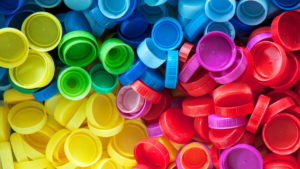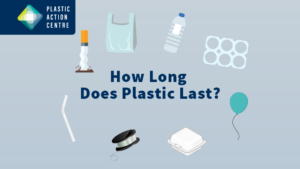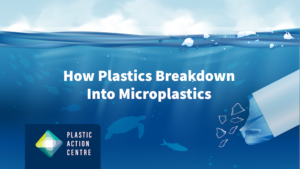First Nation wants Ottawa to help clean up plastic waste left behind by 27-year boil water advisory
A remote northern Ontario First Nation wants Ottawa to help it find an environmentally responsible way to dispose of the thousands of empty water bottles that have piled up over 27 years under a long-term drinking water advisory.
Neskantaga, a fly-in Oji-Cree community with approximately 300 members located about 450 kilometres north of Thunder Bay, Ont., marked a grim milestone on Tuesday — the longest drinking water advisory of any First Nation.
“It shouldn’t be like that in a country like Canada,” Chief Wayne Moonias said.
Like many other First Nations, Neskantaga does not have waste pickup or recycling. Most of its garbage, including plastic, is incinerated or ends up in a dump.
Ottawa sends weekly water shipments to the community but doesn’t bring back all the used plastic bottles.
Moonias said that with its lack of potable water, crumbling infrastructure and high rate of suicide, Neskantaga has too much on its plate right now to deal with plastic waste.
“It’s a concern for our community because we all know that we need to do something to protect the environment,” he said.
“The community cannot do it alone because the community is spending their efforts and energies on trying to address the well-being of our community.”
In the last federal budget, Ottawa set aside $560 million over seven years for solid waste management projects in First Nations. But there is still no federal plan to address plastic waste in communities.
Some First Nations, including Neskantaga, are calling for that to change.
They say they want Ottawa to work with them to curb plastic waste in First Nations, especially plastic waste generated by drinking water advisories.
‘We need to do better’
“We are hurting our land by dumping all this plastic when we could be doing something about it,” said Charla Moonias, a 24-year-old Neskantaga member who grew up on bottled water.
“We need to do better for our future generations.”
She said she would like to see workers hired to sort out recycling and ship plastic waste out on aircraft or winter ice roads.
Bearskin Lake First Nation, a fly-in community of roughly 400 people located 600 kilometres north of Thunder Bay, also wants to change the way it handles plastic waste created by more than two decades of a drinking water advisory.
“There’s no such thing as recycling up here in the community,” Chief Lefty Kamenawatamin said.
Indigenous Services Canada has a First Nations Waste Management Initiative to help develop sustainable waste management systems. The department told CBC News it has spent $384,000 since 2019 to support a community-led solid waste management planning project for Neskantaga for storing and handling plastics.
In 2021, it also gave $137,000 to Matawa Tribal Council to fund a full-time solid waste coordinator position to help all Matawa First Nations, including Neskantaga and Bearskin Lake, with waste management strategies.



